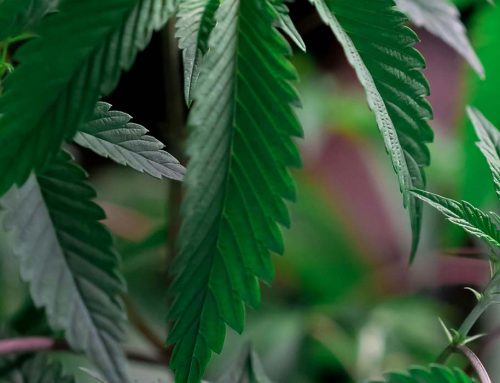Medical marijuana is apparently on its way to the Deep South, and it may win its first victory in a surprising place.
 A state Senate panel in Alabama voted in April to clear a proposal that would legalize full medicinal cannabis statewide. Alabama currently allows a limited, non-intoxicating form of the drug known as CBD oil, and then only for severe seizure disorders.
A state Senate panel in Alabama voted in April to clear a proposal that would legalize full medicinal cannabis statewide. Alabama currently allows a limited, non-intoxicating form of the drug known as CBD oil, and then only for severe seizure disorders.
The legislation now moves to the full Senate, where it’s fate is very much in doubt. Republican leadership could move to block the bill by never scheduling it for debate. But the fact that it passed a narrow vote in the Senate Judiciary Committee is a sign of just how far medical marijuana has come in America.
Most liberal MMJ proposal outwith California
The committee voted 4-3 to approve the bill, which was authored by state Sen. Bobby Singleton, a Democrat. The vote was a surprise not only because the legislation cleared a committee dominated by the GOP but because it represents the most liberal proposal for medical marijuana anywhere outside California.
Patients with any of 25 diseases would be allowed to buy, possess, and use up to 10 ounces of cannabis per month. They would buy it from licensed dispensaries located throughout Alabama.
Some patients would be allowed to grow as many as 16 marijuana plants at the same time, a massive number compared to most other MMJ programs. And the list of qualifying diseases, if approved as is, would make medicinal cannabis available for everything from bipolar disorder and anorexia to lupus and rheumatoid arthritis.
Those traits could hinder the bill in the Senate. Alabama conservatives are unlikely to tolerate legislation that provides marijuana to patients with Tourette’s syndrome, autism, and obsessive-compulsive disorder.
Bill stands to be amended
Still, the bill’s initial success is a very, very hopeful sign. It could be amended in the Senate, heavily, if it eventually passes, but reform is coming at such a rapid clip now that even modest success today can build into major victories down the road.
The committee vote was a narrow win, achieved in part because one Republican senator failed to show. The final vote was along party lines.
Singleton said he lobbied hard to get his bill past the Judiciary Committee and hopes to push it through the Senate. But he acknowledged the immediate odds are long and said he might try to put the issue on the ballot for voters to decide instead.
Voter support would increase chances of success
 That too would require a vote by the Alabama Legislature, but Singleton said lawmakers might be more likely to support a bill that goes before voters than one that doesn’t.
That too would require a vote by the Alabama Legislature, but Singleton said lawmakers might be more likely to support a bill that goes before voters than one that doesn’t.
Though the proposal would enact relatively loose limits on cultivation and possession, other rules would be stringent. The bill would require thorough medical exams by physicians before patients could obtain $100 prescription cards.
But the legislation would offer reciprocity to patients from other states that allow medical cannabis. That way, a patient from California or Colorado could smoke while visiting Alabama.
Expect this bill to pass with heavy amendments, if it passes at all. Even if it doesn’t, this vote could be the move that ultimately opens to door to marijuana reform in the reddest parts of the country.






